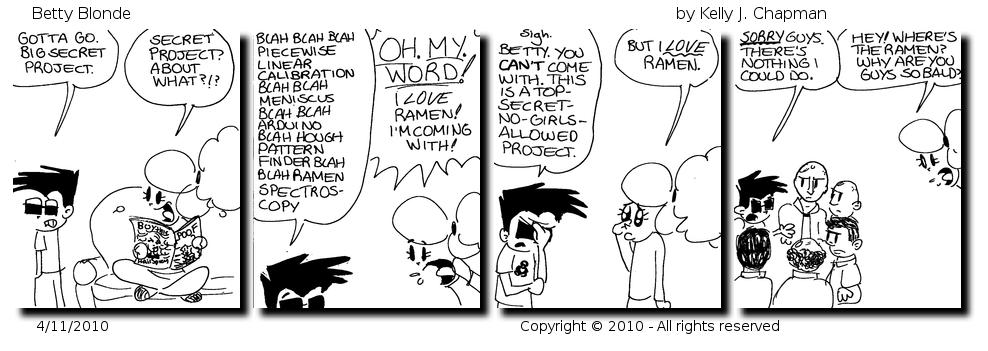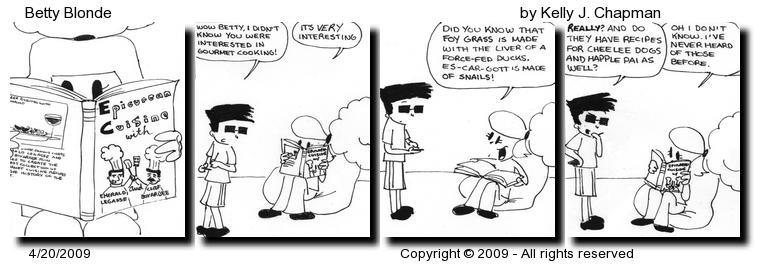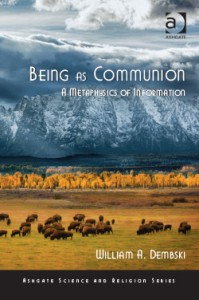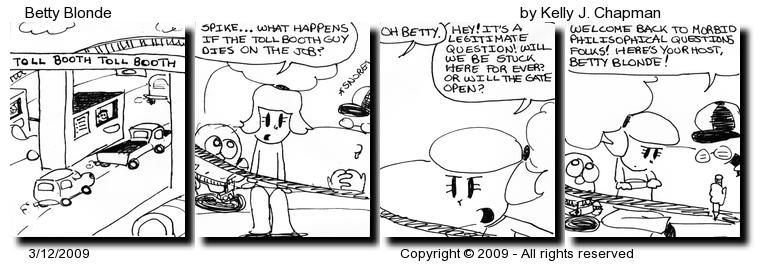We had an interesting conversation about Intelligent Design on the way home from church today. Christian’s research is in the area of Information Theory. I tried to explain that the presence of information was only half of the Intelligent Design equation. The content of the information and its contingency are just as fundamental to Intelligent Design as Information Theory which says nothing about content or contingency. I found a great article by William Dembski titled Intelligent Design as a Theory of Information that describes these concepts in terms that laymen can understand. Dembski starts the discussion of what he calls complex, specified information like this:
Given a means of measuring information and determining its complexity, we turn now to the distinction between specified and unspecified information. This is a vast topic whose full elucidation is beyond the scope of this paper (the details can be found in my monograph The Design Inference). Nonetheless, in what follows I shall try to make this distinction intelligible, and offer some hints on how to make it rigorous. For an intuitive grasp of the difference between specified and unspecified information, consider the following example. Suppose an archer stands 50 meters from a large blank wall with bow and arrow in hand. The wall, let us say, is sufficiently large that the archer cannot help but hit it. Consider now two alternative scenarios. In the first scenario the archer simply shoots at the wall. In the second scenario the archer first paints a target on the wall, and then shoots at the wall, squarely hitting the target’s bull’s-eye. Let us suppose that in both scenarios where the arrow lands is identical. In both scenarios the arrow might have landed anywhere on the wall. What’s more, any place where it might land is highly improbable. It follows that in both scenarios highly complex information is actualized. Yet the conclusions we draw from these scenarios are very different. In the first scenario we can conclude absolutely nothing about the archer’s ability as an archer, whereas in the second scenario we have evidence of the archer’s skill.
He goes on to extend the scenario to an archer who shoot an arrow at a blank white wall, then paints a target around it post hoc and why the information content of that scenario does not meet the criteria for complex, specified information. Dembski, who holds a PhD in Mathematics from University of Chicago has spent a good chunk of his career adding rigor (in the mathematical sense) to this proposition. No one has refuted him in any meaningful way although you can not tell that from what it says about Intelligent Design from its Wikipedia article nor other such agenda driven outlets. The article is pretty long but well worth the read for people on both sides of the Intelligent Design divide.
Betty Blonde #452 – 04/11/2010

Click here or on the image to see full size strip.

 An amazing thing happened yesterday. One of the managers at my work won a $5 Starbucks gift certificate for getting a correct answer on a safety question. In a classy move, he did a “guess the number” raffle with his team. About seven people participated. The number was 43. Two of the guessers got it right. We were pretty sure no one cheated. I was one of the guessers how picked 43. I picked it because 42 is the answer in Hitchhiker’s Guide to the Galaxy and I hate that pretentious, badly written tome so I one upped it to 43. What are the odds? My immediate thought is that my picking 43 was definitely not random. Actually, whether the reason for picking 43 was overt or subliminal, I am pretty confident the other two who picked it (the raffle organizer and the other guesser) did not pick it randomly either. But then what could be the cause?
An amazing thing happened yesterday. One of the managers at my work won a $5 Starbucks gift certificate for getting a correct answer on a safety question. In a classy move, he did a “guess the number” raffle with his team. About seven people participated. The number was 43. Two of the guessers got it right. We were pretty sure no one cheated. I was one of the guessers how picked 43. I picked it because 42 is the answer in Hitchhiker’s Guide to the Galaxy and I hate that pretentious, badly written tome so I one upped it to 43. What are the odds? My immediate thought is that my picking 43 was definitely not random. Actually, whether the reason for picking 43 was overt or subliminal, I am pretty confident the other two who picked it (the raffle organizer and the other guesser) did not pick it randomly either. But then what could be the cause?



